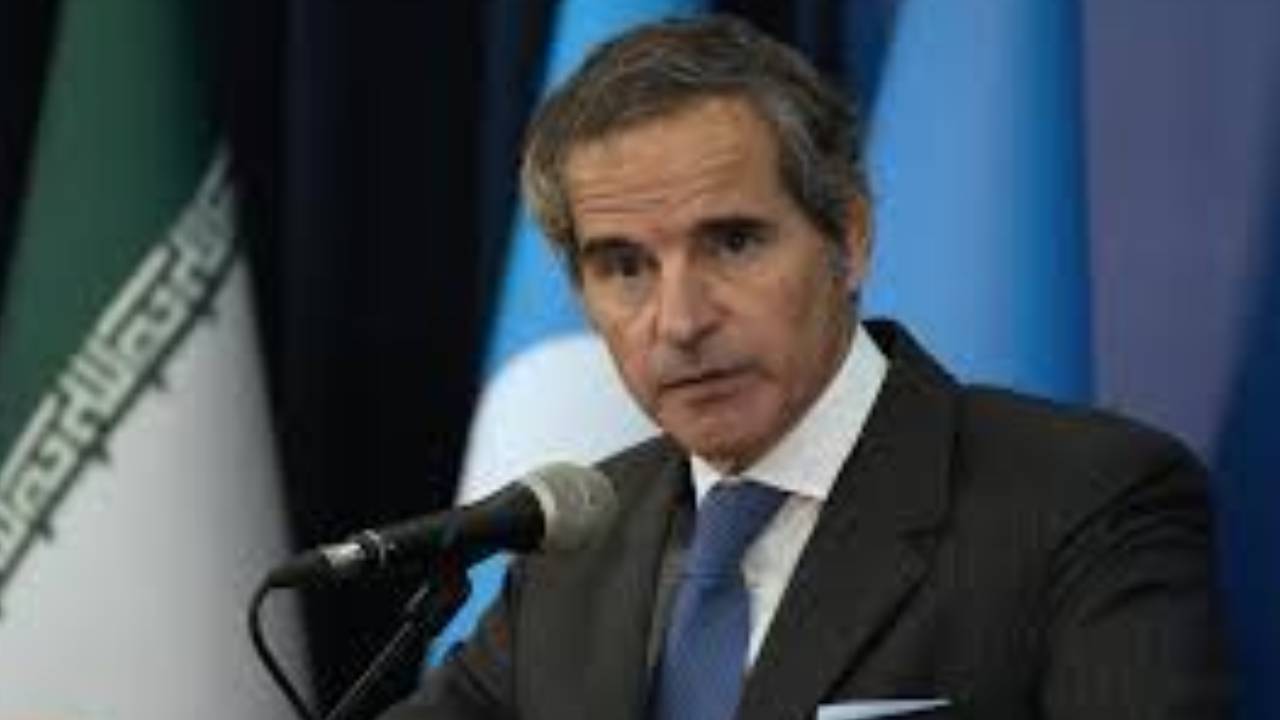The head of the UN’s nuclear watchdog, Rafael Grossi, has warned that Iran could resume uranium enrichment for a potential nuclear weapon “in a matter of months”, despite recent US and Israeli airstrikes on key nuclear sites.
Speaking to CBS News on Saturday, Grossi, Director-General of the International Atomic Energy Agency (IAEA), said the attacks on Iran’s Fordo, Natanz and Isfahan facilities caused “severe but not total” damage — contradicting former US President Donald Trump’s claim that the sites were “completely destroyed”.
“Frankly speaking, one cannot claim that everything has disappeared and there is nothing there,” Grossi stated, underscoring that Iran retained the “industrial and technological capacities” necessary to resume enrichment efforts if it chose to do so.
The warning comes two weeks after coordinated Israeli and US strikes targeted Iran’s nuclear and military infrastructure on 13 June, amid fears that Tehran was inching closer to weaponising its nuclear programme. The Pentagon’s preliminary assessment, leaked earlier in the week, also suggested the strikes only delayed Iran’s programme by a few months.
Iran has offered mixed reactions to the extent of the damage. Supreme Leader Ayatollah Ali Khamenei downplayed the impact, calling the strikes insignificant, while Foreign Minister Abbas Araghchi admitted to “excessive and serious” damage.
Tensions escalated further on Wednesday when Iran’s parliament voted to suspend cooperation with the IAEA, accusing it of bias toward Israel and the United States. The move came after the IAEA recently found Tehran in breach of its nuclear non-proliferation obligations for the first time in two decades.
Grossi expressed concern over Iran’s growing hostility but remained hopeful for dialogue. “At the end of the day, this whole thing, after the military strikes, will have to have a long-lasting solution, which cannot be but a diplomatic one,” he said.
Iran’s refusal to grant access to bombed sites has further strained relations. In a post on X (formerly Twitter), Araghchi dismissed Grossi’s request to inspect the facilities, calling it “meaningless” and “possibly even malign in intent”.
The 2015 nuclear agreement, which had placed strict limits on Iran’s enrichment capabilities, collapsed after Trump unilaterally withdrew the US in 2018 and reinstated sanctions. Iran responded by progressively breaching its commitments, enriching uranium up to 60% purity — a level far above the 3.67% cap under the deal and approaching weapons-grade.
Despite the recent ceasefire between Iran and Israel, Trump has warned that further military action remains on the table if intelligence indicates renewed nuclear activity. Meanwhile, Grossi has reiterated the importance of diplomacy, cautioning that a sustainable solution cannot be achieved through force alone.





